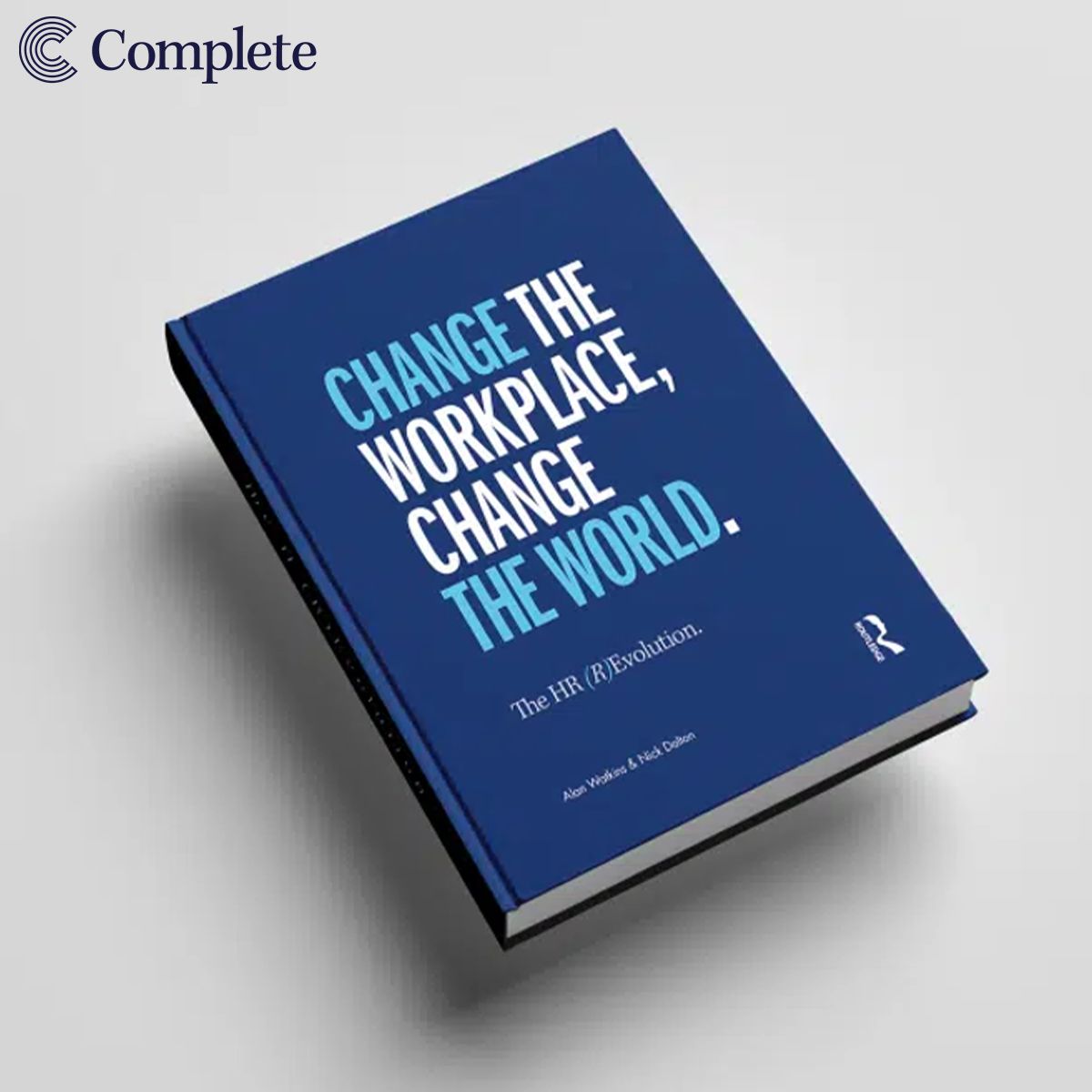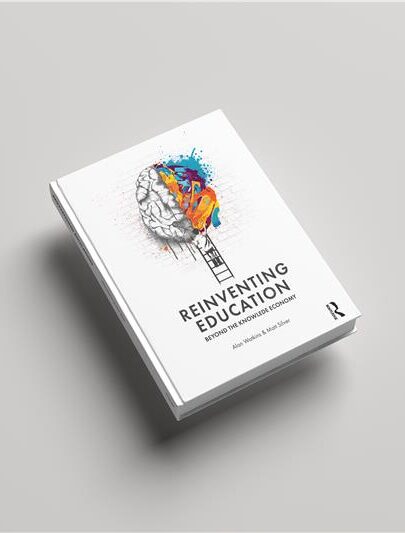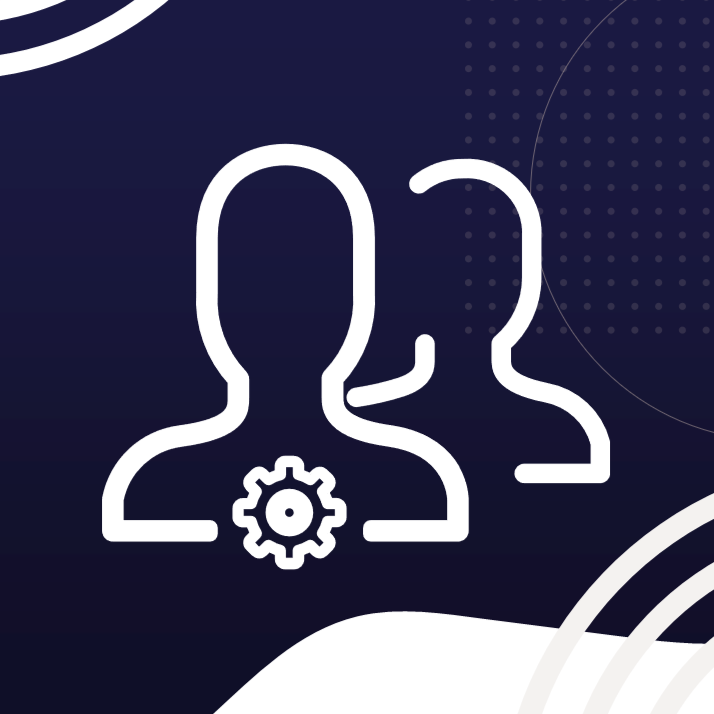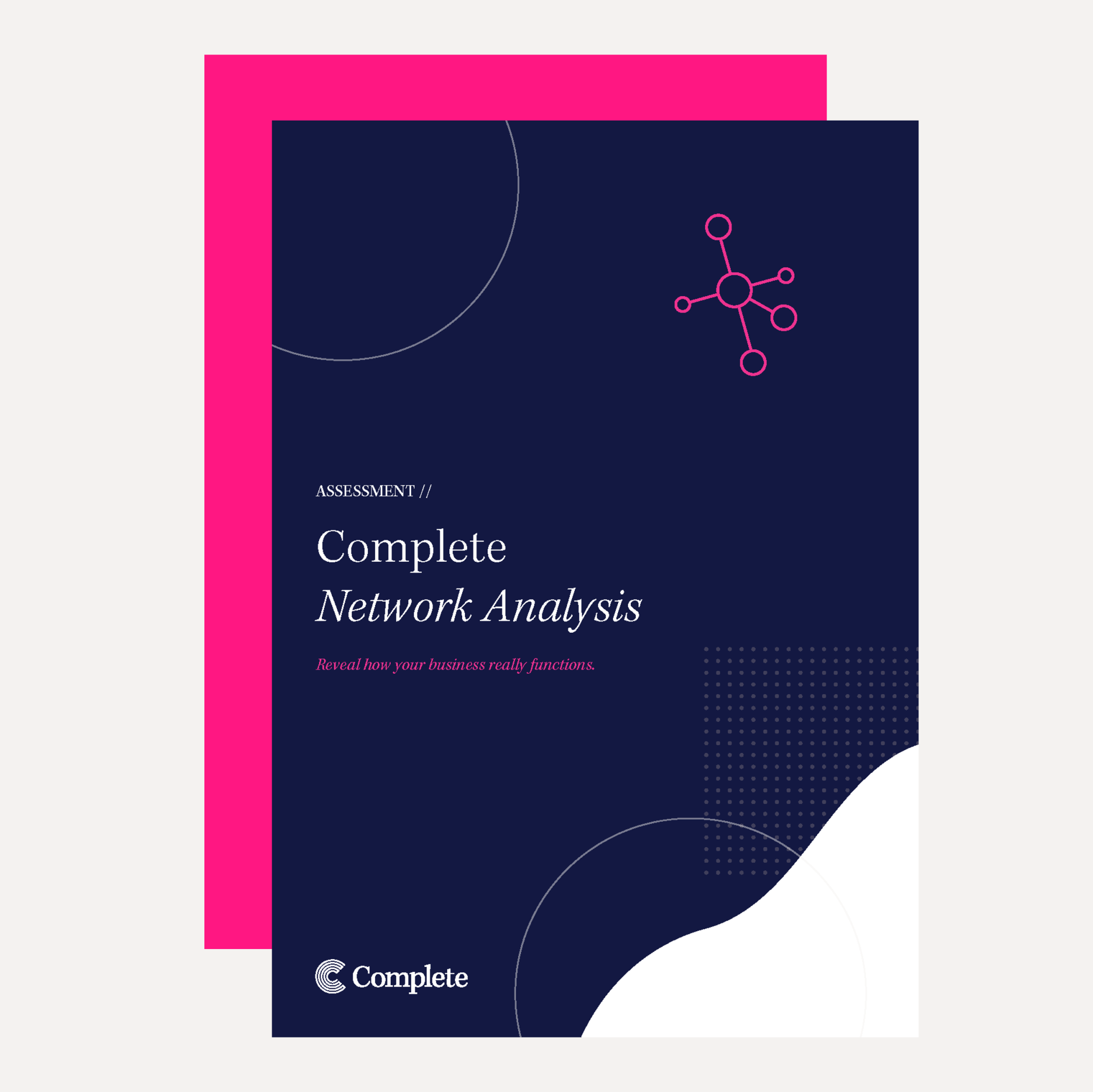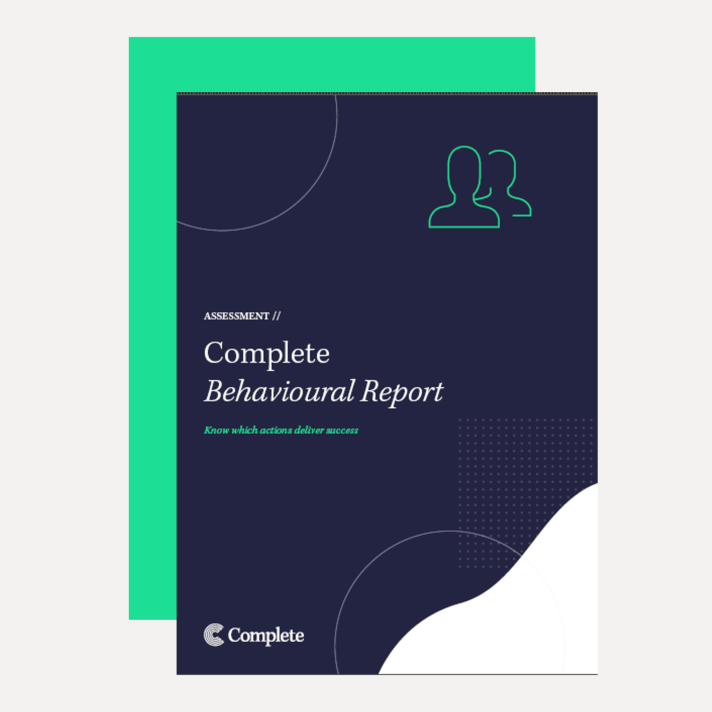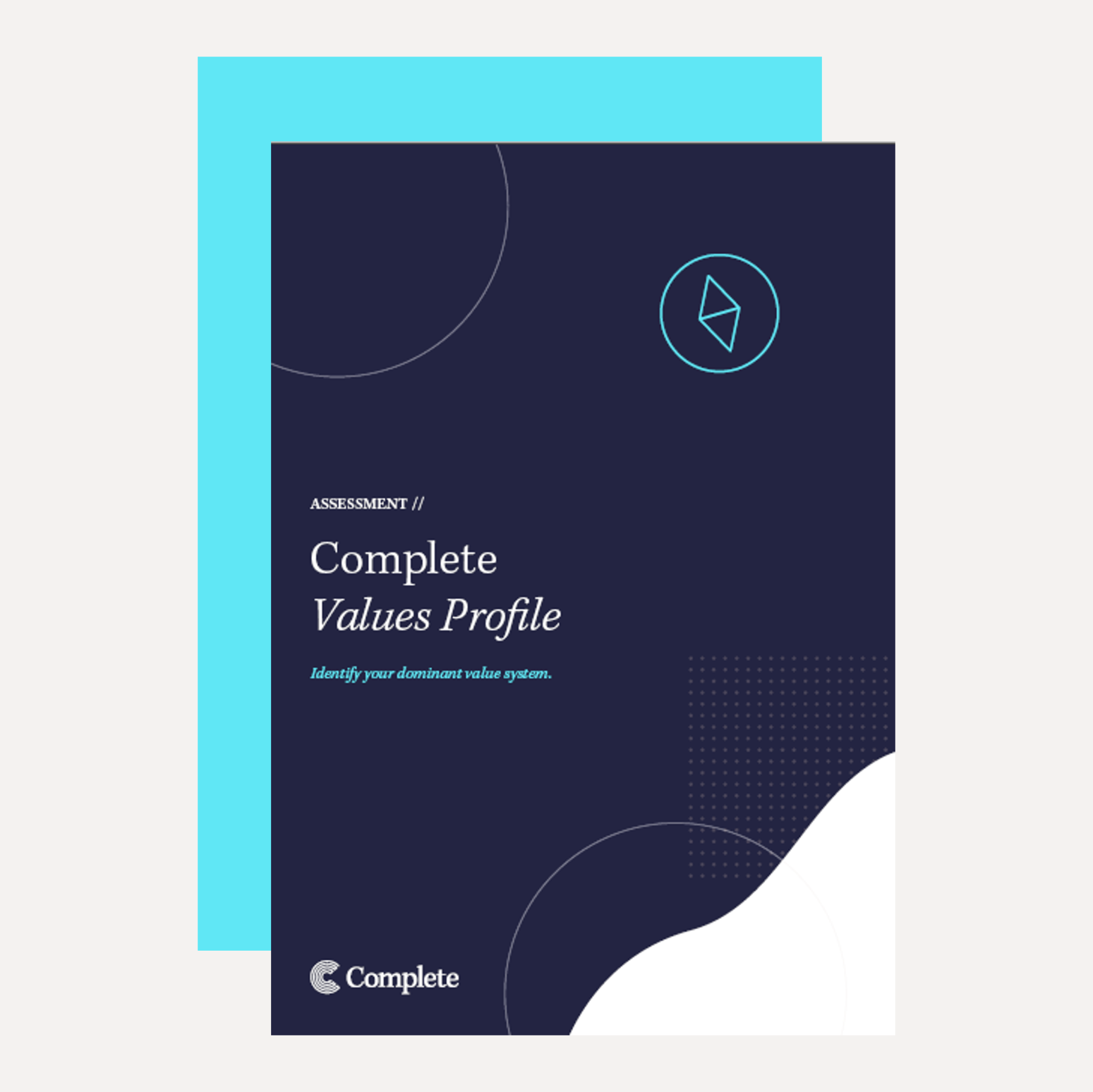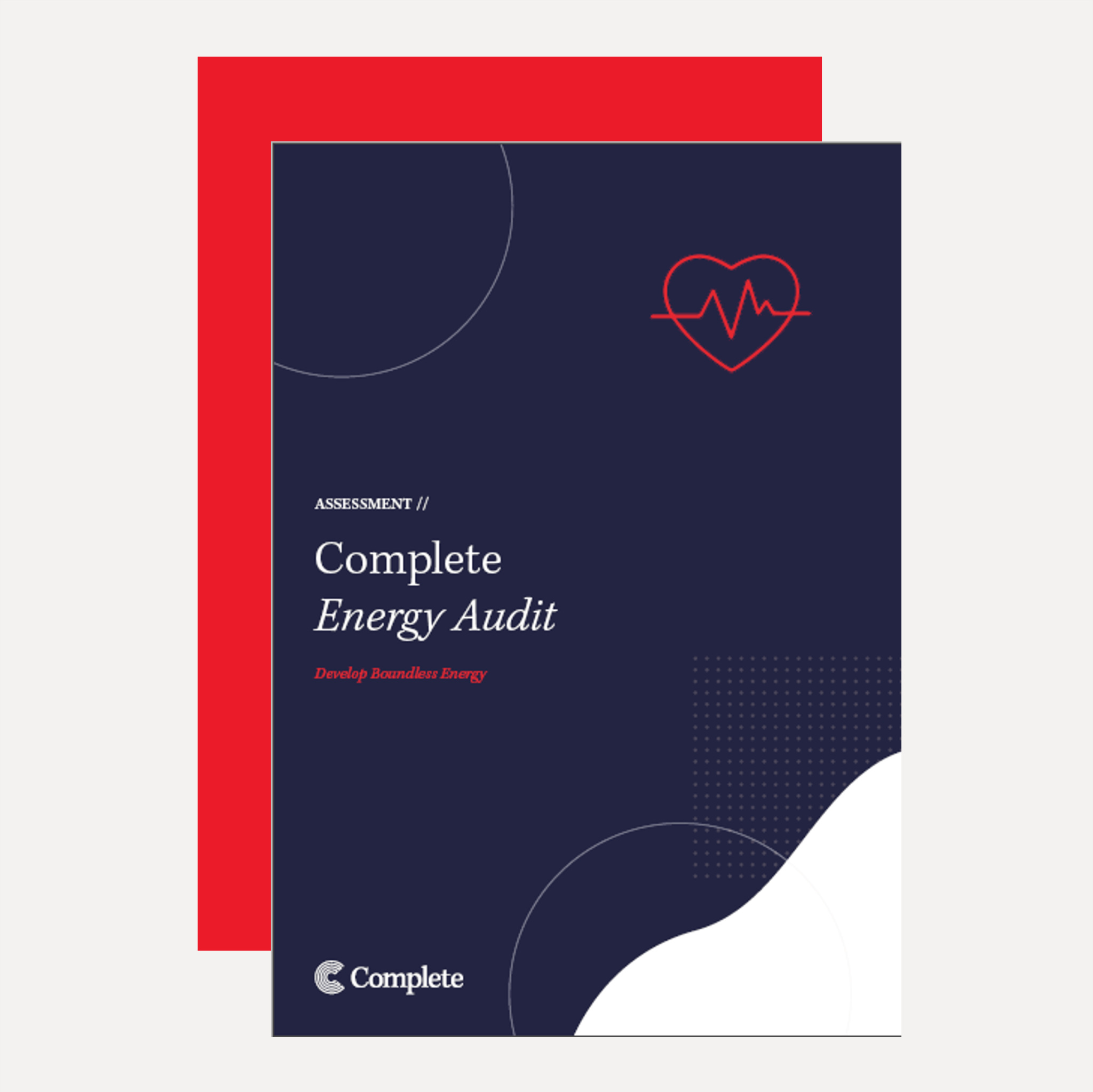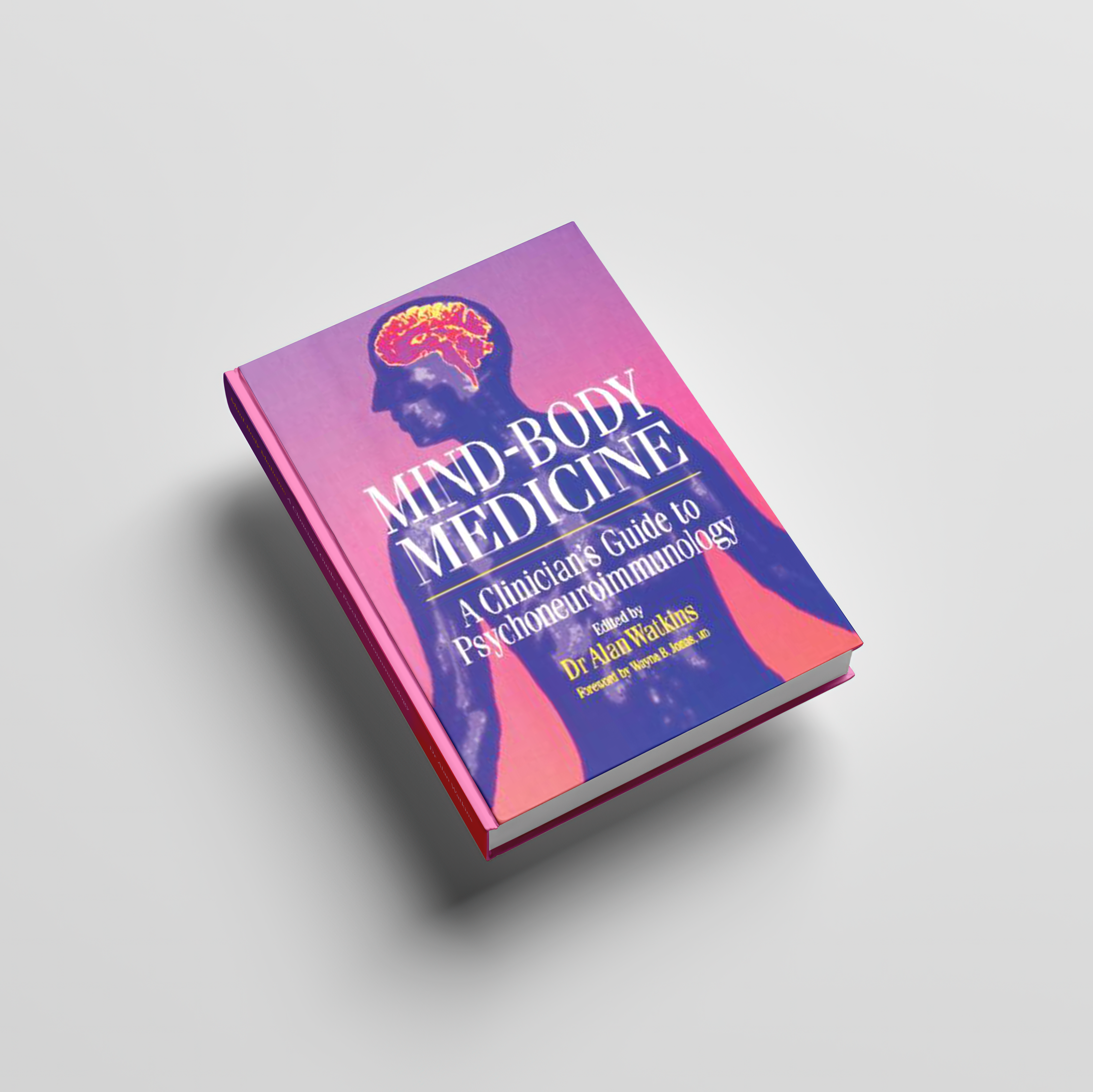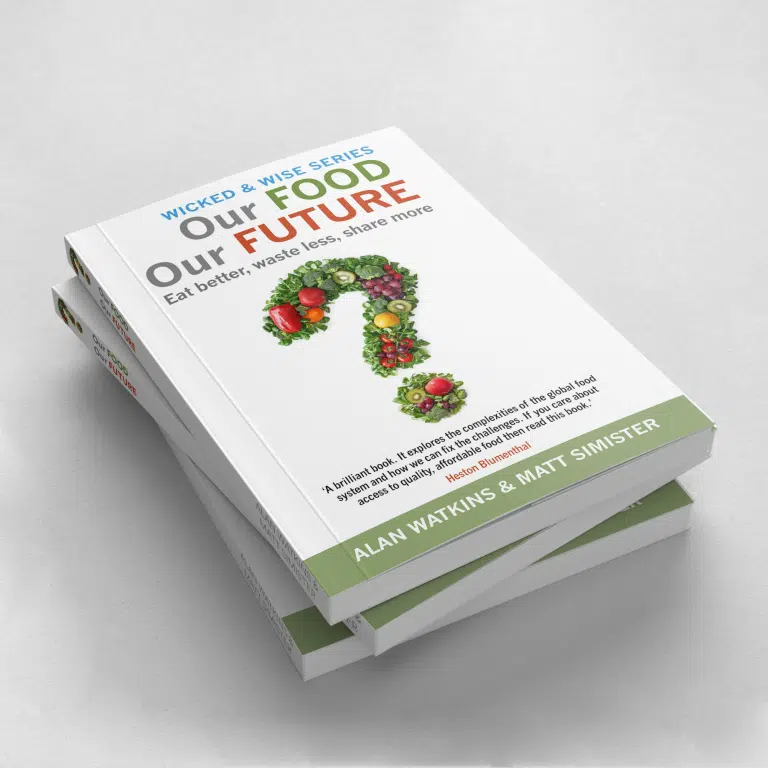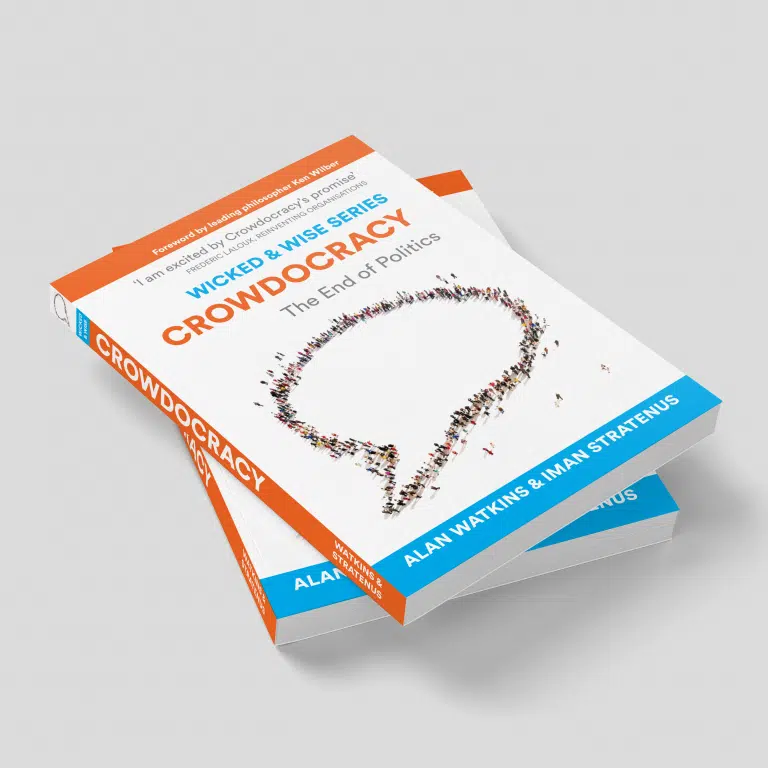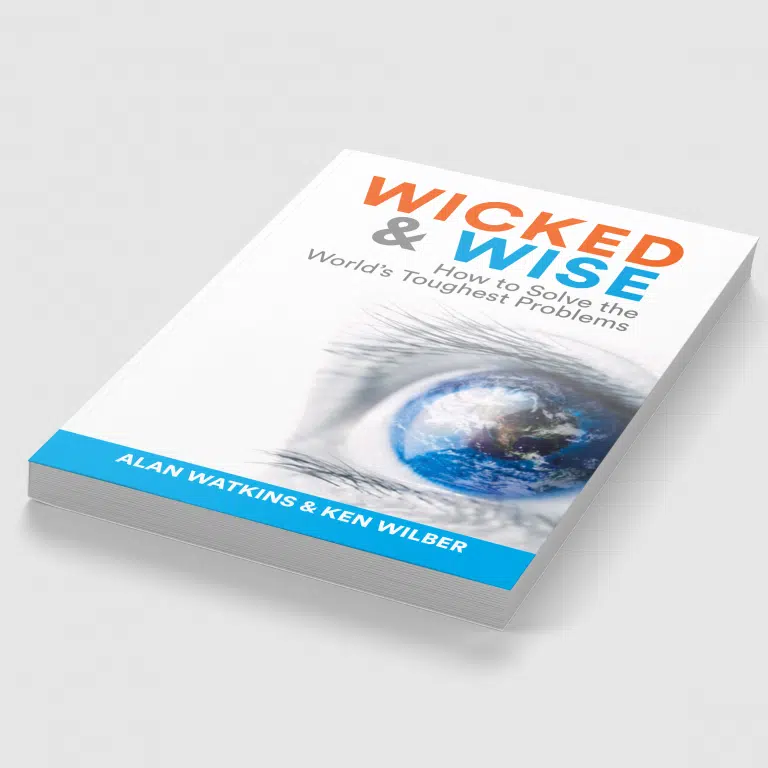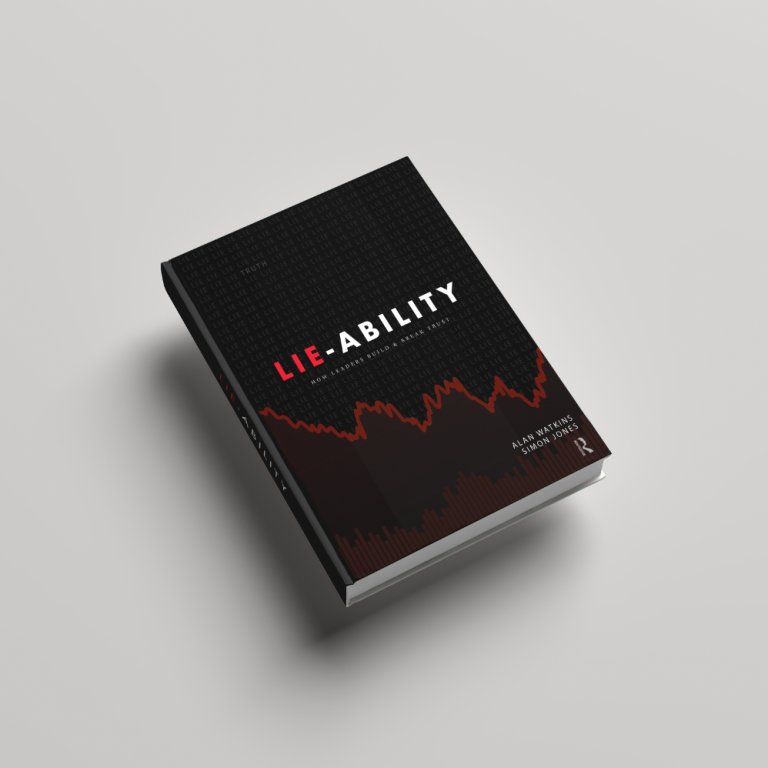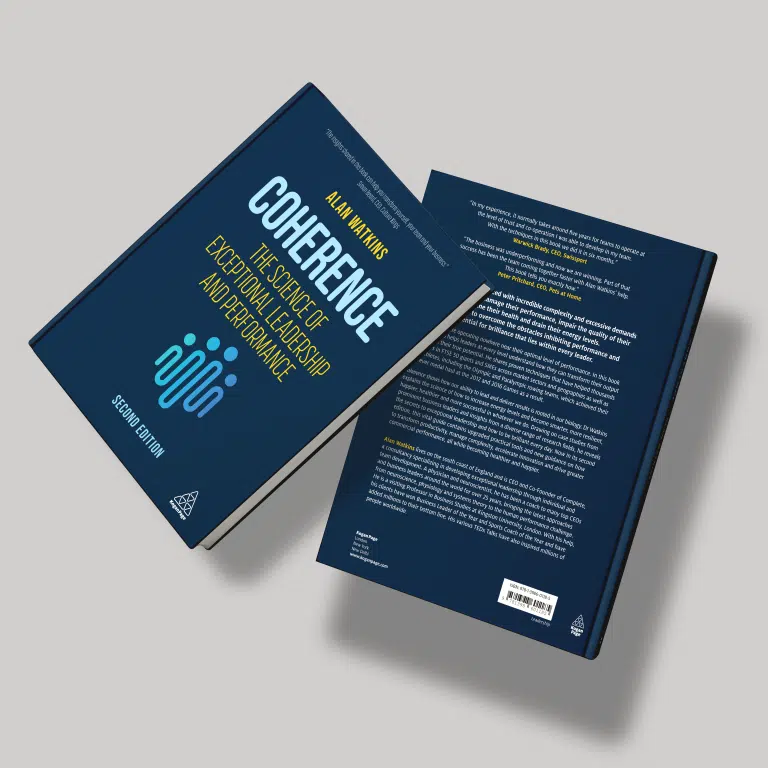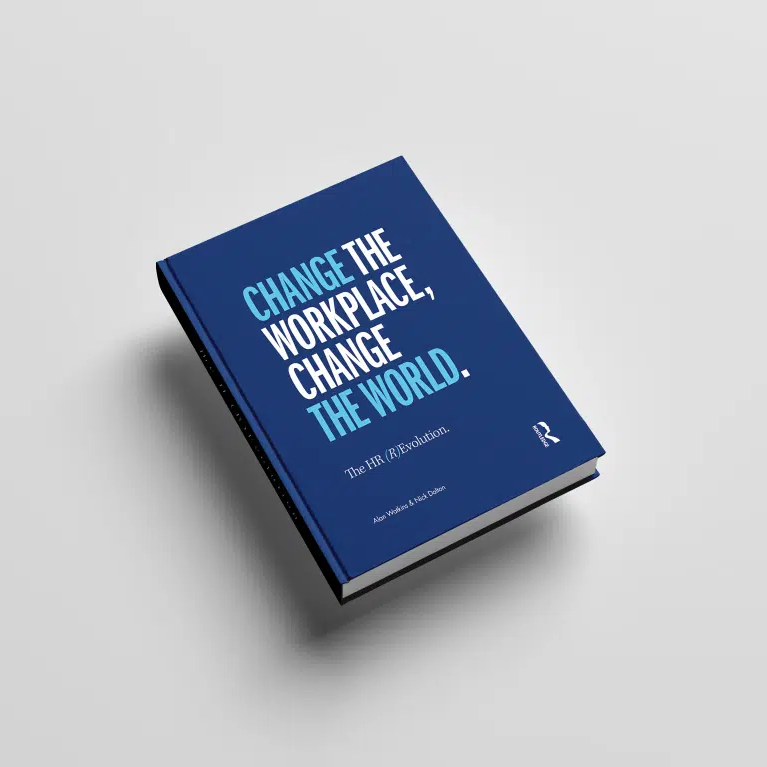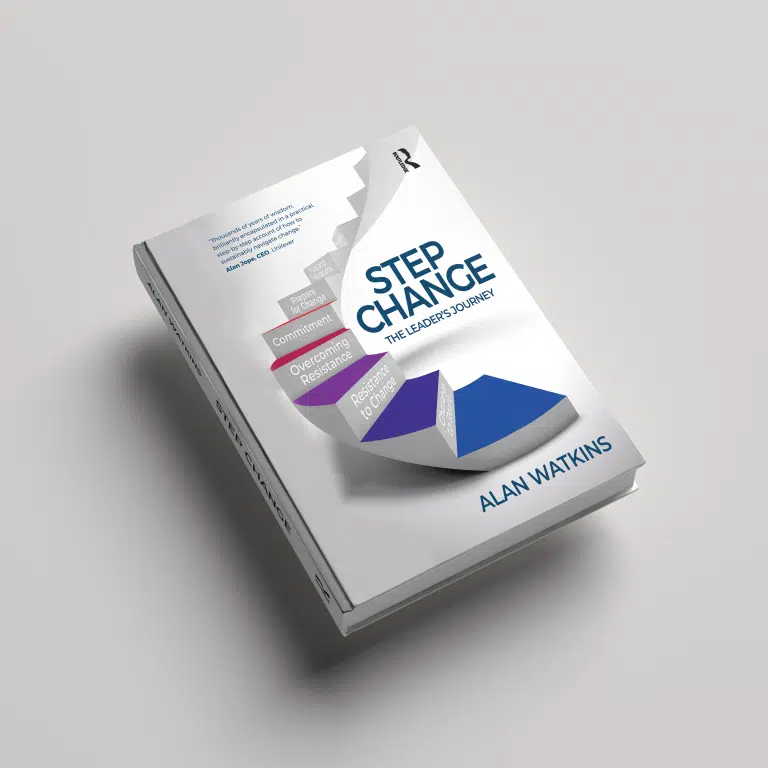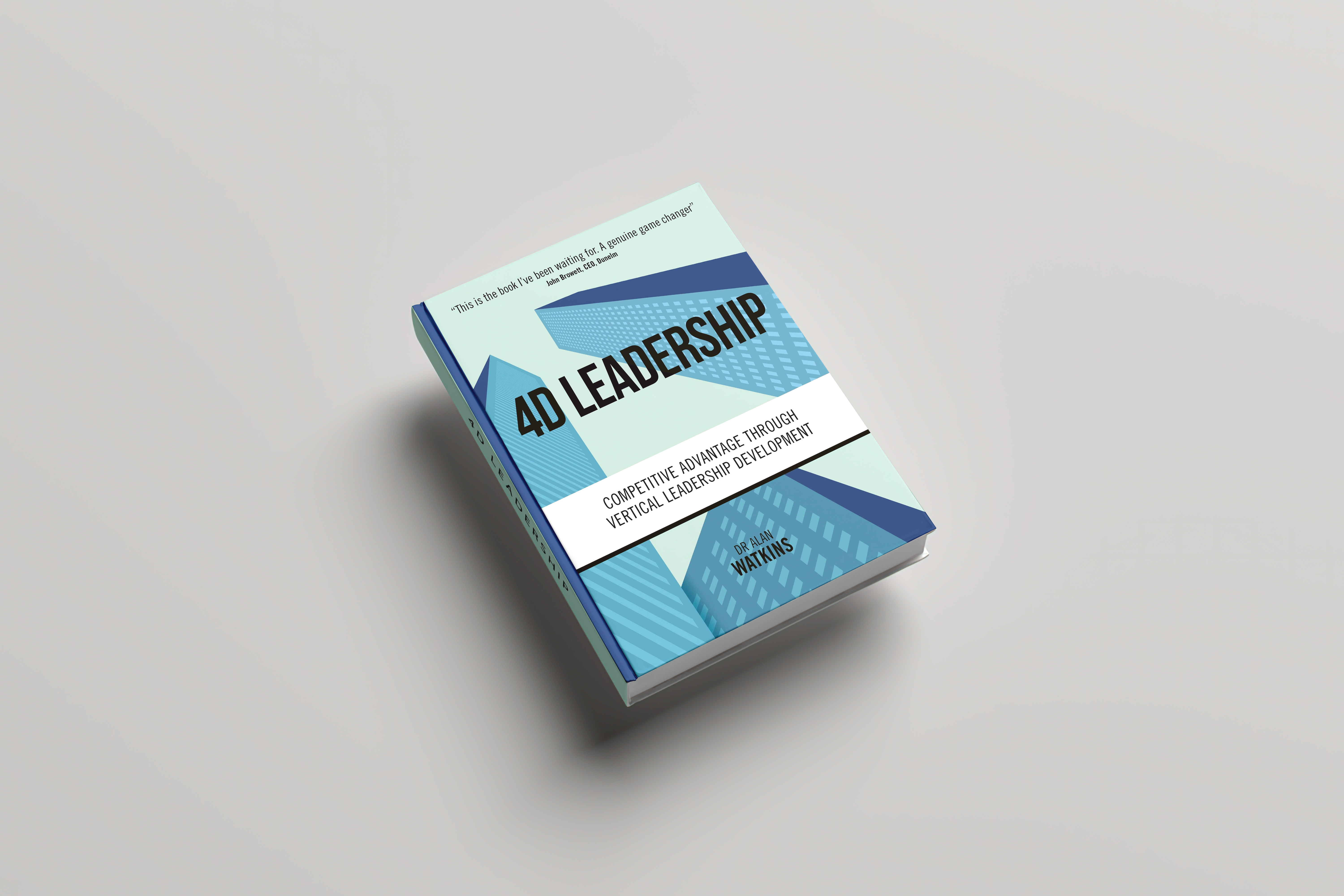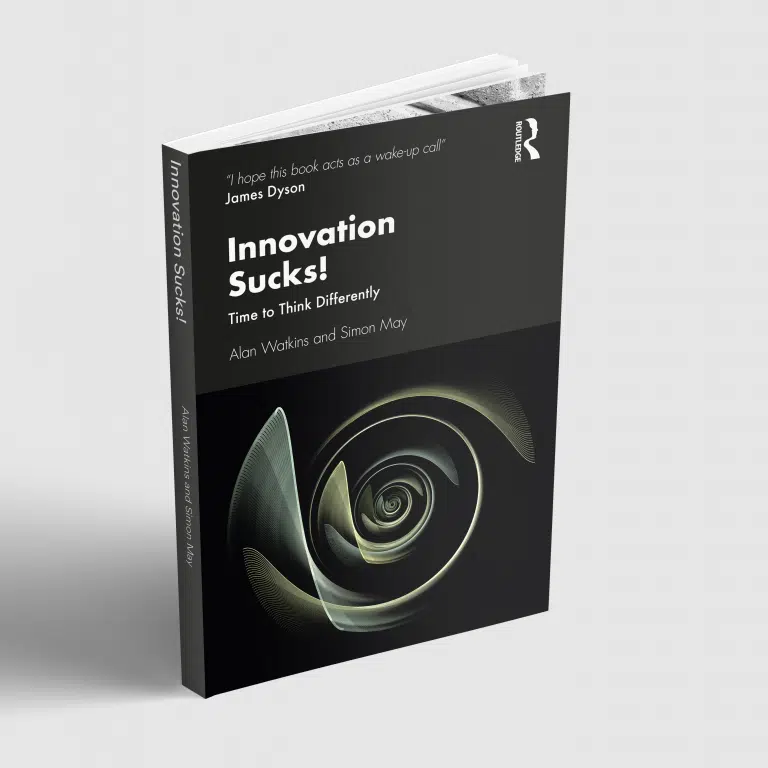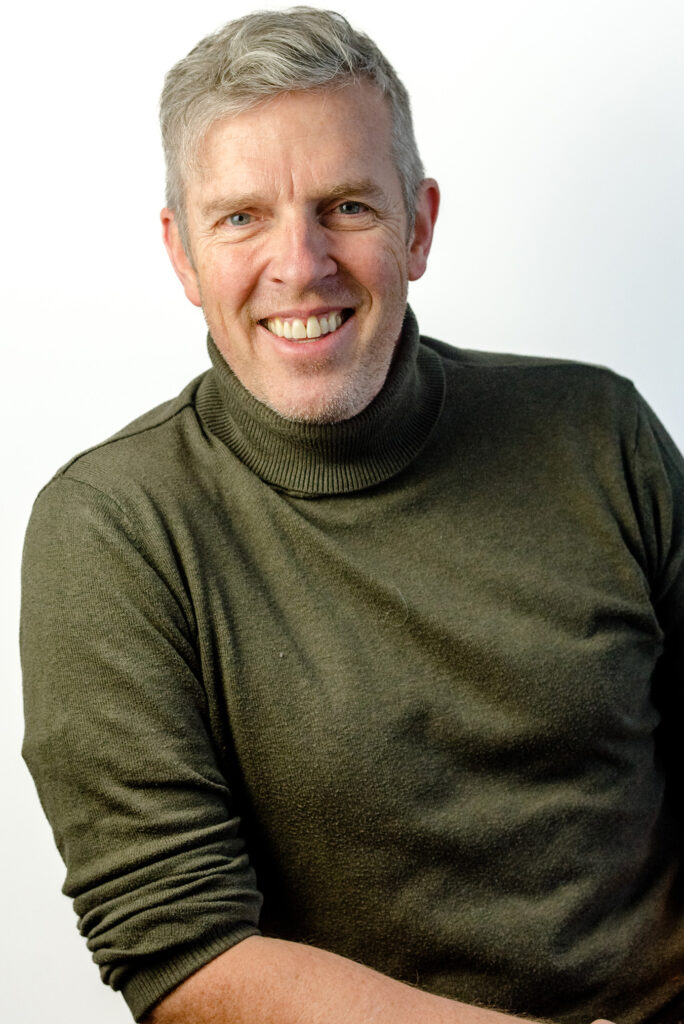We’re a year into the coronavirus outbreak in the UK and we’re now entering the next phase of our response. The route out of lockdown has been outlined and the vaccination programme is offering some light. How have you managed? How hard has it been for you? We’re not just talking materially, but also emotionally or psychologically. Resilience has been one of the buzz words of the moment, but what does it really mean and how can you increase your resilience to not just get by, but to really get on in these challenging times?
BREATHE to build resilience
At its core, resilience is about stabilising our biology and energy levels then learning to control our emotions. Our emotions, feelings and thoughts are driven by our biology. We need to learn how to control our biology and, in turn, positively influence how we feel, if we are to build that resilience.
Controlling our biology starts with understanding the critical link between our heart, and specifically Heart Rate Variability (HRV), and our brain. Signals from the heart input the brain to affect its functioning through a process called cortical inhibition. Stabilising our physiology, using the BREATHE skill, gives you a platform on which to build your performance by increasing your energy levels.
BREATHE is an acronym for the key steps you need to take.
B-reathe
E-venly
A-nd
T-hrough the
H-eart
E-veryday
You don’t need any additional time to practice this skill – you are practising some sort of breathing patterns every second of every day. The important thing is to become conscious, more often, of your breathing pattern and start to practise it all of the time.
It’s extremely useful in meetings to practise this skill when listening to others to help you really understand what they mean and align the different perspectives in the room.
BREATHE is the critical first step in developing resilience.
Develop an emotional dictionary for resilience
In building our resilience and developing the ability to control how we feel, we need to understand and articulate our emotions. Most people are only familiar with about a dozen emotions when it’s possible to differentiate 34,000 different emotions. Recognising and distinguishing our experiences of different emotions is critical in being about to shift our emotional state.
Shifting emotional states is an incredibly powerful tool and a key element of resilience. Positive emotions are under pinned by anabolic hormones such as DHEA. In contrast, negative emotional states are under pinned by catabolic hormones such as cortisol – the body’s main stress hormone. Emotional shift becomes possible when we are able to BREATHE and recognise the emotional state that will serve us best in whatever situation we find ourselves in.
This is just a snapshot of how to build individual resilience that will get you through whatever life may throw at us next. You might also be interested to know, that resilience can be built inside teams and organisations too.
Organisational resilience
Individual, team or organisational resilience depends hugely on what value system people are operating from. The value system that an individual is operating from will alter their view of resilience, what resilience outcomes people may be trying to achieve, the actual activity they may engage in to improve their resilience and why those activities may fail. Therfore, to improve resilience within an organisation you can game change things if your first profile people’s value system.
Whether it’s individual, team or organisational resilience that’s front of your mind, there are clear steps you can take today to move on from getting by to really getting on.
Whether it’s individual, team or organisational resilience that’s front of your mind, there are clear steps you can take today to move on from getting by to really getting on.
For more on personal and organisational resilience, watch a recording of our recent webinar or get in touch.


